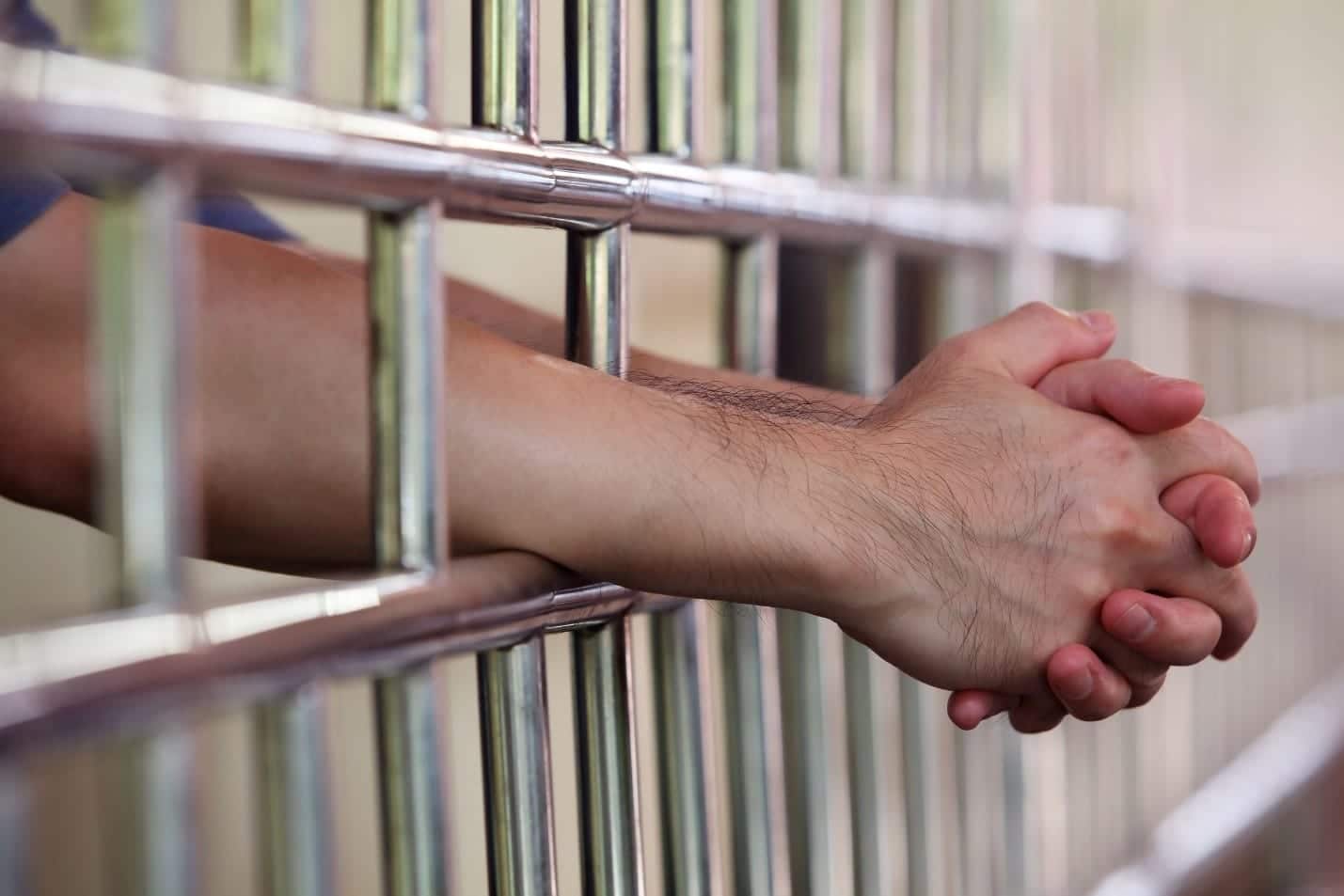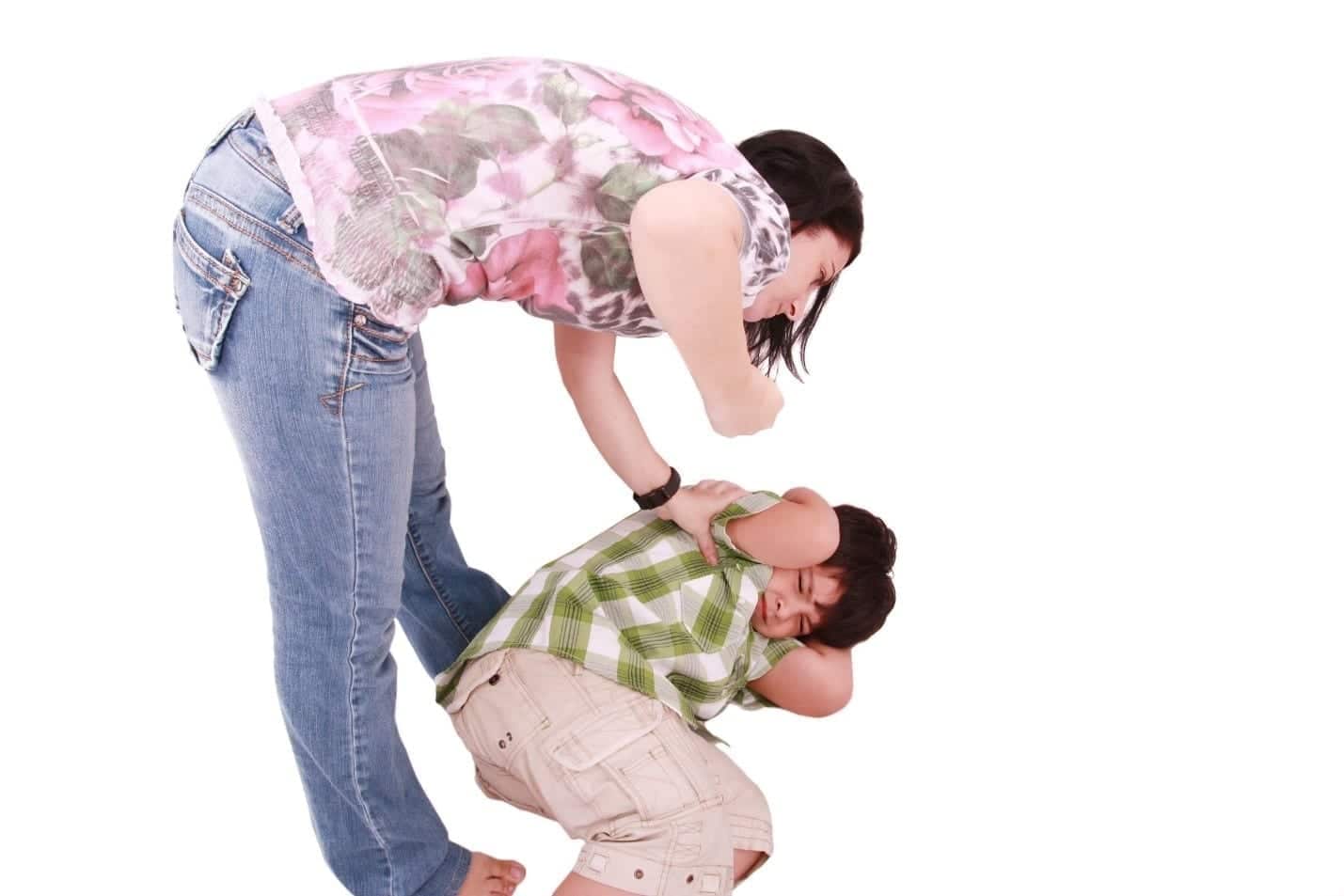Why You Need to Understand Illinois’ Child Abuse Laws
Child abuse inflicts severe emotional damage in children that can have lifelong consequences. Because of the grievous nature and devastating consequences of this crime, child abuse and neglect is taken very seriously by law enforcement and the justice system overall.
Child abuse offenses are severely punished, usually carrying a prison sentence and hefty fines. Moreover, child abuse charges leave convicted offenders with a criminal record that compromises employment prospects, loans, child custody, and much more.
Abused and Neglected Child Reporting Act: Child Abuse Defined
The Illinois Abused and Neglected Child Reporting Act was passed to define child abuse and neglect, and to establish minimum reporting standards for these allegations.
The Act defines child abuse as any non-accidental act that inflicts serious injury or compromises the physical or emotional health of the child. Child neglect is defined as the failure to provide for the basic physical and emotional needs of the child, and also covers drug use during pregnancy.
Excessive Corporal Punishment
Corporal punishment is defined as the use of physical punishment with the intent of inflicting pain, including spanking, hitting, pinching, slapping, or other means. Under Illinois law it is considered child abuse to inflict “excessive” corporal punishment. However, the law does not define what constitutes excessive corporal punishment, so is open to the interpretation of reasonableness.
Any form of corporal punishment in a professional setting where corporal punishment is prohibited, for example a school, is considered to be child abuse.
Sale or Transfer of Controlled Substances
Selling, transferring, or otherwise giving controlled substances to a child under 18 years of age is considered to be child abuse. Prescribed controlled substances that are given to the child in a manner that complies with the prescription are exempt.
Sexual Assault
Forcible sexual contact or behavior towards a child is considered to be predatory criminal sexual assault of a child. If committed by a caregiver, parent, guardian, relative, or acquaintance, it is also considered to be child abuse.
Criminal Sexual Abuse
Criminal sexual abuse of a child is defined as any illegal sex acts performed against a minor by someone with whom the child is acquainted. Criminal sexual abuse is considered to be particularly heinous, as it is committed by an adult in a position of trust, so is very emotionally damaging to the victim.
Aggravated Battery of a Child
Aggravated battery of a child is defined as infliction of great bodily harm, disability, or disfigurement of a child under the age of 13.
Penalties for Child Abuse
Illinois child abuse can be charged under several different statutes depending upon the circumstances and nature of the offense. Aggravated battery, sexual assault, criminal sexual abuse, and potentially controlled substance offenses are considered Class X felonies, which short of murder is the highest felony offense in Illinois. This carries a prison sentence of 6-30 years and hefty fines.

Unfortunately, the consequences of a child abuse conviction do not end after you’ve served your time and paid your fines. You are left with a highly stigmatized criminal record that will compromise housing, employment, loan, and child custody prospects.
Defending against Child Abuse Charges
If you are facing child abuse charges, it is imperative to retain the best available legal counsel immediately due to the serious nature and life-changing consequences of these charges. There are a number of child abuse defense strategies that can be used depending upon the nature and circumstances of the alleged offense.
False Allegations
Unfortunately, false allegations of child abuse are common, especially in dysfunctional families or when parents are involved in a child custody battle. Moreover, most child abuse cases depend strongly upon the child’s testimony, and child witnesses are notoriously coercible.
Bringing the accusations and motives of the accuser under question can be an effective defense strategy for false allegations. Further, any testimony from the child should be obtained by appropriate protocols. Moreover, potential coercion of the child by family members prior to testimony should be taken into account.
Injury Is the Result of an Accident
Injuries that occur due to accidents are not punished, so long as the circumstances of the accident were not reckless or negligent. Providing proof that the child’s injury was due to a legitimate accident is the best defense strategy in this case.
Parent’s Right to Discipline

Parents are free to discipline their children as they see fit, including by corporal punishment, so long as the discipline is reasonable and does not cause bodily harm. However, any injuries beyond minor bruising may not be defensible under parental privilege.
About the Author:
Andrew M. Weisberg is a former felony prosecutor who now serves as a defense attorney in the greater Chicago area. He has extensive experience in handling all types of criminal cases, from sex offenses and domestic violence to retail theft-related crimes, murder, and drug crimes.







 Blog Home
Blog Home 










